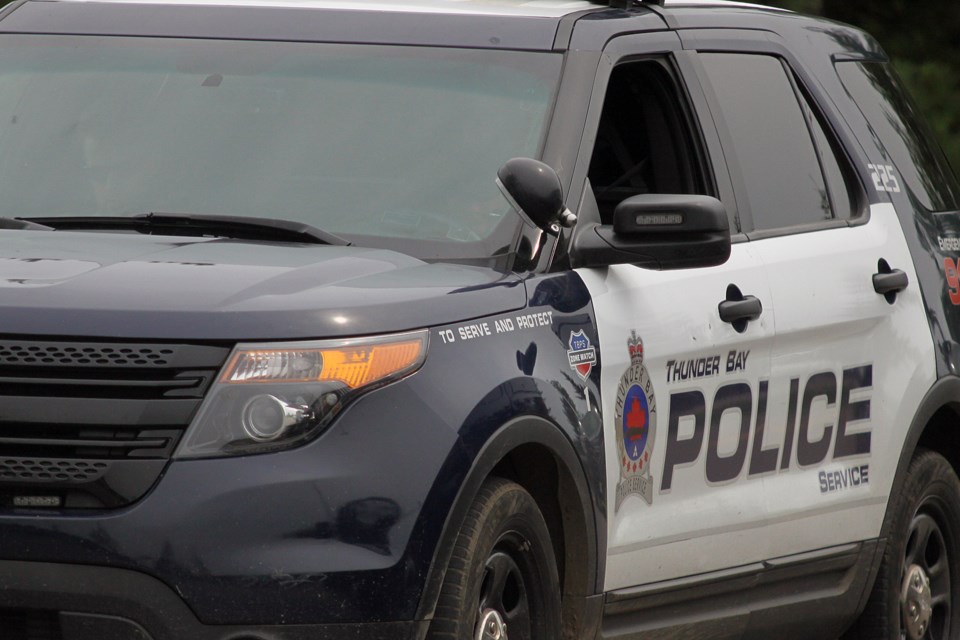THUNDER BAY – City police have experienced a 26 per cent increase in emergency mental health calls over the past three years.
Thunder Bay Police Service acting chief Sylvie Hauth said while frontline officers respond, they are only equipped to address the short-term, present problem.
“For us as first responders, if you call 911 then police attends. We’re not always the best fit for every situation that arises. We are able to deal with the situation at hand, unfortunately sometimes it’s just an immediate solution that doesn’t really address the underlying issues,” Hauth said.
Hauth said police officers have authority under the Mental Health Act to apprehend an individual if they believe they are at risk and bring them to the hospital to be assessed.
That time spent in hospital waiting with the individuals takes a toll on the entire uniformed patrol, she added.
“On a given shift, a mental health call with apprehension will result in usually two officers being at the hospital for quite a few hours until the assessment is done,” Hauth said. “There’s a transfer of care that’s done when the patient is admitted under a form and kept at the hospital, and that point the officers can be released.”
One initiative aimed at reaching vulnerable or at-risk individuals was the formation of a Thunder Bay Situation Table, a cross-sectoral panel that brings together as many as 30 organizations from mental health, addictions, education and social services agencies.
Between Sept. 12 and Dec. 5, the table has met seven times and issued 15 referrals with 13 planned interventions and 11 cases to report back.
The primary identified risk factor was suspected mental health issues, which were present in 10 cases. Other main risk factors were victims of sexual violence, drug use, inability to meet basic needs or the individual didn’t have adequate housing.
Staff Sgt. Derek West, who sits on the table, said the accepted referrals receive access to the appropriate services within 48 hours of a meeting.
“There are people in need in the community who need that service – not a police service – they need appropriate services at the right time to get them down that road of getting them the help they need,” West said.
“It’s recognizing individuals who need services that aren’t connected to services and making that connection to get the help they need before that crisis is actually presented.”
Over the last two to three years, the police service has been advocating for a pilot program that would have professional mental health workers accompany frontline officers on mental health calls.
Hauth said police are working with the Canadian Mental Health Association and continue to push the North West Local Health Integration Network for funding.
“I think there are sometimes grey areas where working with a mental health worker with a police officer would really add to the situation in terms of other opportunities and other avenues to look at instead of apprehension to the hospital,” Hauth said.
